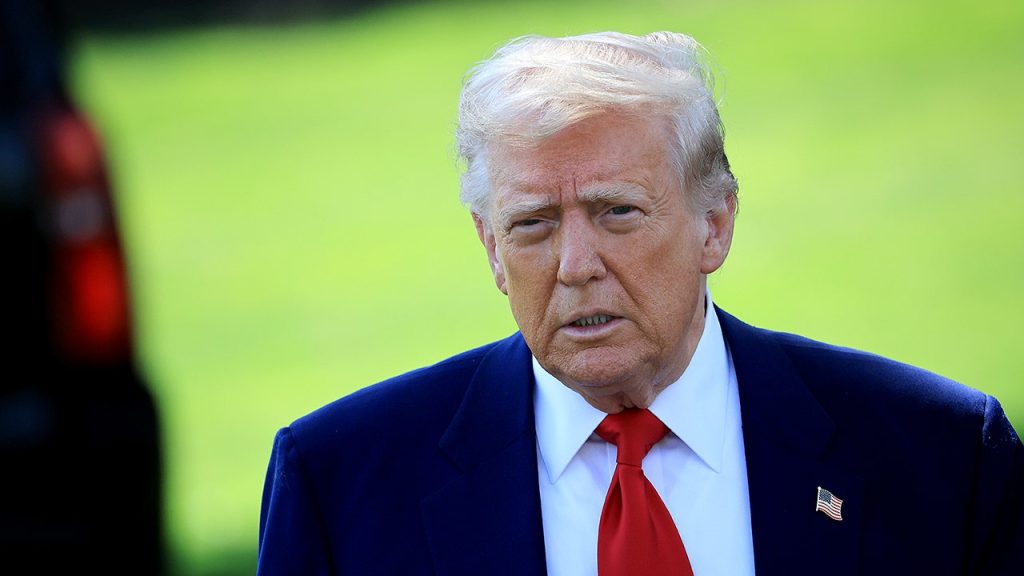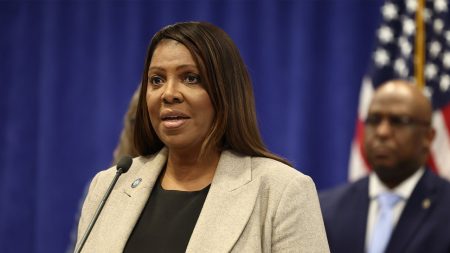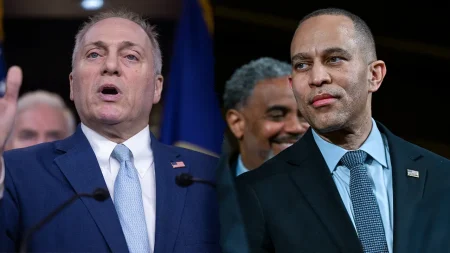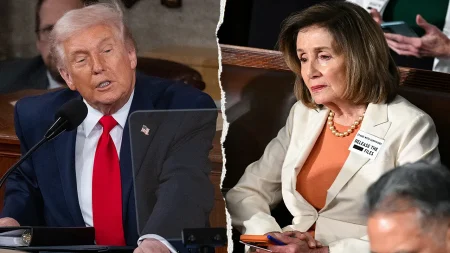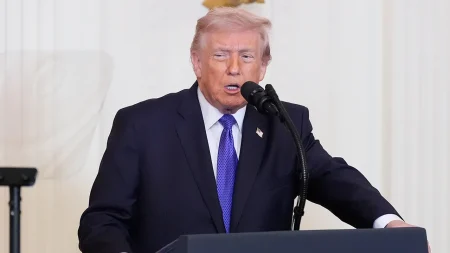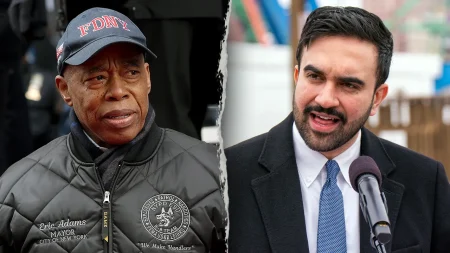USCIS Tightens Citizenship Restrictions for Illegal Voters
In a significant policy shift, U.S. Citizenship and Immigration Services (USCIS) is implementing new guidelines to prevent illegal immigrants who have voted or attempted to register to vote from obtaining American citizenship. Announced as part of the Trump administration’s broader immigration reform agenda, these changes reflect a renewed focus on election integrity and immigration enforcement. USCIS spokesperson Matthew Tragesser emphasized the administration’s stance, stating, “Illegal voting undermines the will of the American people and threatens the legitimacy of our elections.” The policy changes, set to take effect immediately, represent one of several immigration enforcement measures being pursued by President Trump and Homeland Security Secretary Kristi Noem.
The updated policy specifically targets the “good moral character” (GMC) requirement that immigrants must satisfy to qualify for citizenship. Under the new guidelines, any non-citizen who has attempted to circumvent voter laws or falsely claimed U.S. citizenship will automatically fail to meet this critical requirement. The consequences extend beyond denial of citizenship—individuals found to have committed such violations will be issued a Notice to Appear (NTA), initiating deportation proceedings, and may be referred for criminal prosecution. The scope of the policy is broad, encompassing not only actual voting but also attempts to register to vote and falsely claiming citizenship on applications for passports or driver’s licenses.
This policy shift stems directly from President Trump’s March executive order titled “Preserving And Protecting the Integrity of American Elections.” That order directed the Department of Homeland Security to develop systems for verifying citizenship status of voter registrants—a directive that faced immediate legal challenges. Despite federal judges in Massachusetts and Washington, D.C. blocking portions of the executive order that outlined voter ID requirements, the administration has moved forward with implementing other aspects of its immigration enforcement agenda. Massachusetts Judge Denise J. Casper, an Obama appointee, notably ruled that “the Constitution does not grant the President any specific powers over elections,” highlighting the ongoing tension between executive action and judicial oversight in immigration policy.
The USCIS policy change aligns with the Trump administration’s broader immigration enforcement efforts, which have intensified since the president took office. According to Department of Homeland Security statistics, authorities have arrested more than 359,000 illegal immigrants and removed over 332,000 from the United States in recent months. This aggressive enforcement approach reflects President Trump’s campaign promises to reverse immigration policies implemented during the Biden administration and to substantially reduce the population of undocumented immigrants in the country. The focus on voter fraud, while statistically rare according to most studies, has been a consistent theme in Trump’s approach to both immigration and election policy.
The internal implementation of this policy change has been carefully orchestrated through leadership guidance memos distributed to USCIS employees. These documents outline specific procedures for identifying and processing cases where non-citizens have violated voting laws or falsely claimed citizenship. By targeting not just actual voting but also applications for government documents where citizenship might be claimed, the policy creates multiple avenues for identifying potential violations. The administration appears to be establishing a zero-tolerance approach to any form of misrepresentation related to citizenship status, regardless of intent or circumstances, which represents a significant hardening of immigration enforcement practices.
While supporters view these measures as necessary to protect election integrity and enforce immigration laws, critics argue that they may create undue hardship and potentially separate families over what might in some cases be misunderstandings or administrative errors. The policy’s implementation occurs against the backdrop of ongoing national debates about voting rights, immigration reform, and the proper balance of federal powers. As with many immigration policy changes, the full impact will likely emerge gradually as individual cases make their way through the system and potentially face further legal challenges. What remains clear is that the relationship between immigration status and civic participation continues to be a deeply contested aspect of American political life, with significant consequences for individuals caught in the crosshairs of changing enforcement priorities.



